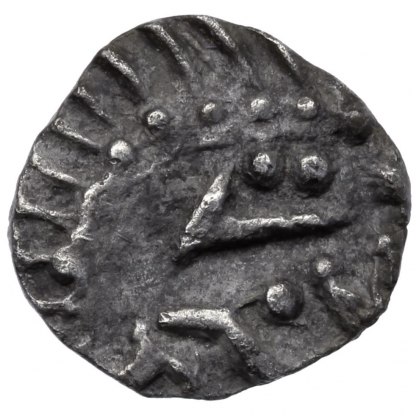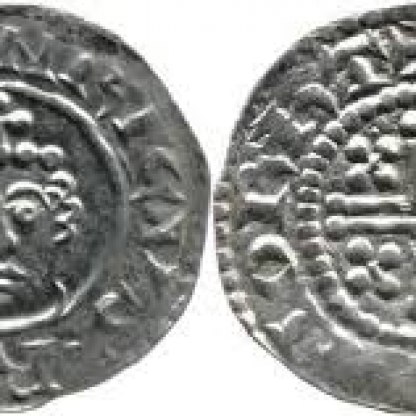Lordship and Landscape in East Anglia, 400−800 CE
This research project ran from 2017 to 2021 and brought together an interdisciplinary team of reseachers, mainly based in East Anglia.
Fieldwork at Rendlesham in Suffolk starting in 2007 had identified a major central-place complex of the early to middle Anglo-Saxon periods, with exceptionally rich assemblages of finds. This had particular significance in the light of Bede’s eighth-century reference to a ‘royal settlement’ at Rendlesham, and the princely burial site at nearby Sutton Hoo.
Unique in early England in its size, wealth and complexity, and best paralleled by central places in contemporary Scandinavia, Rendlesham has had major implications in advancing our understanding of the character and origins of the early Anglo-Saxon kingdoms, and of the processes of state-formation around the North Sea.
In 2017, the fieldwork at Rendlesham became the basis of a thirty-month research project by University College London in partnership with the Fitzwilliam Museum and Suffolk County Council. Lordship and Landscape in East Anglia AD 400−800 placed the material culture and settlement history of Rendlesham in the context of other central places in East Anglia. The project integrated the evidence of archaeology, place-names, landscape history, numismatics and materials science. The main focus of the numismatic data was the Fitzwilliam Museum’s Corpus of Early Medieval Coin Finds (EMC).
Lordship and Landscape in East Anglia AD 400−800 was funded by the Leverhulme Trust.
Project team
Project leadership team
- Principal Investigator, University College London: Professor Christopher Scull
- Co-Investigator, Fitzwilliam Museum: Dr Martin Allen
- Co-Investigator, University of East Anglia: Dr Tim Pestell
- Co-Investigator, University of East Anglia: Professor Tom Williamson
- Project Lead, Materials Science, University of Cambridge: Professor Marcos Martinón-Torres
Project Researchers
- Stuart Brookes (University College London)
- Faye Minter (University College London)
- Jude Plouviez (University College London)
- Eleanor Rye (University of East Anglia)
- Andrew Woods (Fitzwilliam Museum, Cambridge)
Other research projects you might like
Sign up to our emails
Be the first to hear about our news, exhibitions, events and more…

.jpg?key=exhibition)
